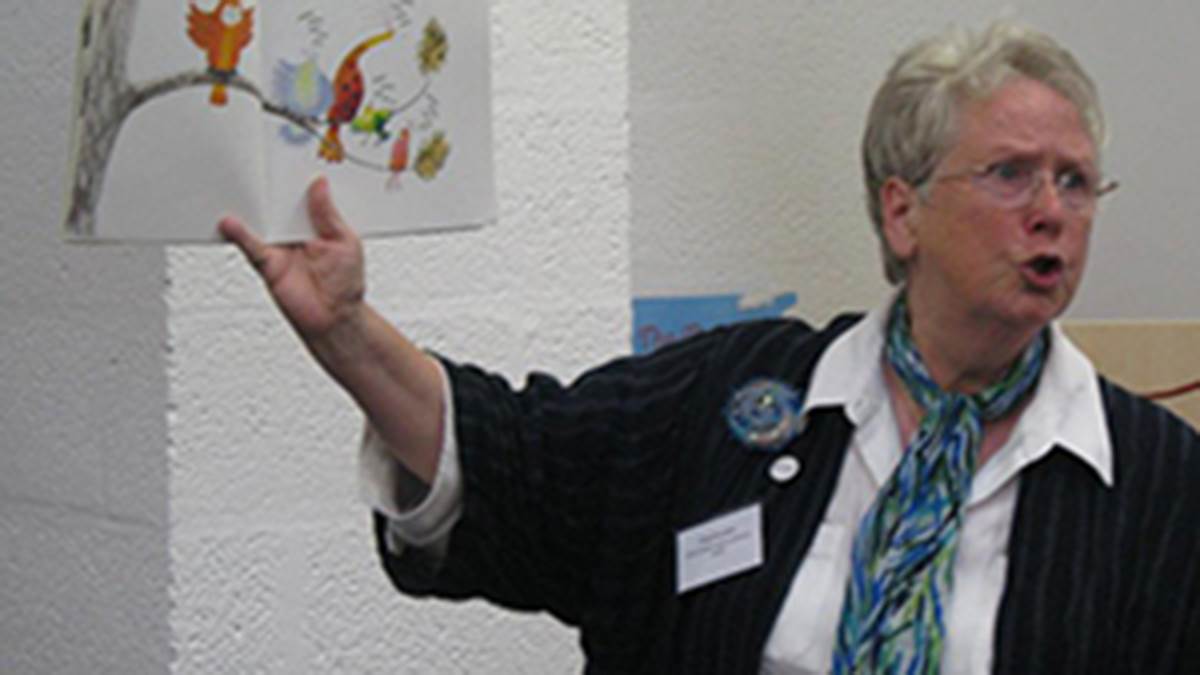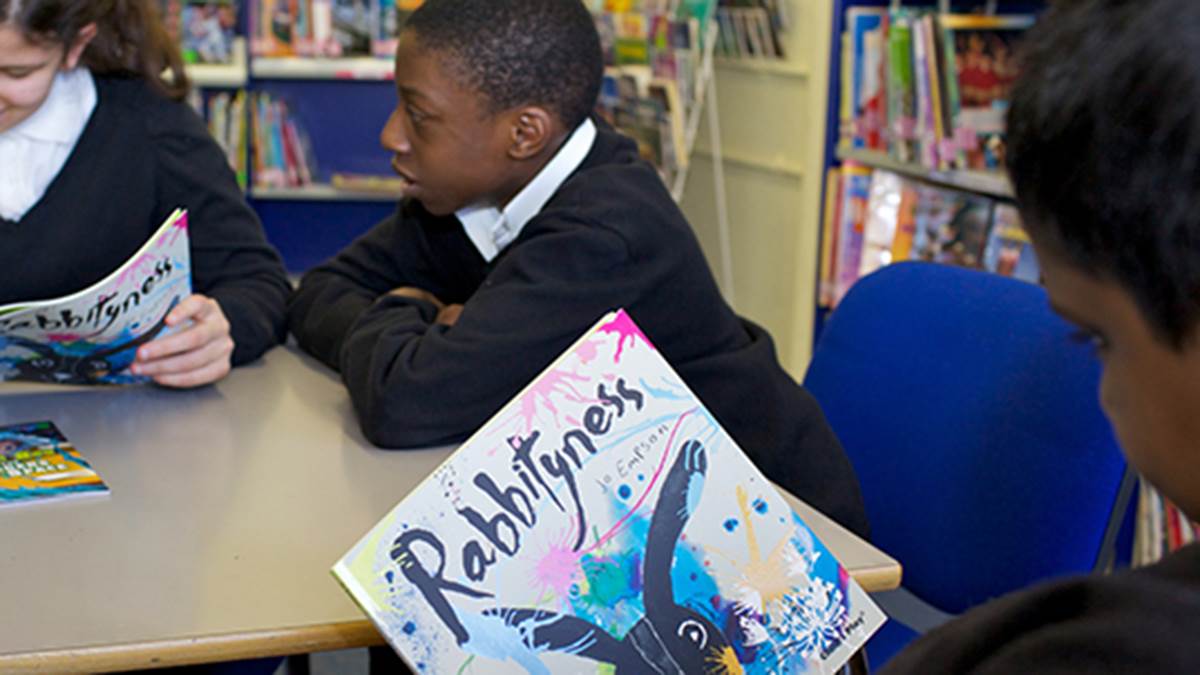Prue Goodwin: 'A positive relationship with books as early as possible is what creates a reader'
Published on: 27 September 2016 Author: Prue Goodwin
How can teachers help children to read for pleasure? Prue Goodwin has some ideas...

I am a self-confessed curriculum-watcher. It's necessary, of course, but can be very boring indeed.
In 2013, however, something delighted me. Since the end of the 1980s there have been four government documents that specify what must be taught when teaching reading. Only in the most recent one, English programmes of study: key stages 1 and 2 National curriculum in England (September 2013), is the word 'pleasure' associated with reading.
Despite teachers knowing for years that all our pupils should enjoy reading, somehow many students still lose their enthusiasm for books.
It is difficult for us to understand why anyone wouldn't like them. Some of my happiest memories as a class teacher involve reading aloud to the children or sharing exciting non-fiction books with them as part of cross-curricular projects.
Teachers, librarians and the majority of parents want their children to grow to love books. This is, partly, because we would all hate 'our children' to miss out on such an enormous amount of fun but it is also because, while youngsters are still learning to be readers, they need to be motivated. Learning to read can be hard work; at the very least, knowing how enjoyable it will be to be a reader acts as an incentive to succeed.

Enjoying books and other texts (e.g. screens and comics) is essential for all youngsters during their education but there is a particular stage during children's development as readers when the pleasure in reading has far greater implications for their progress.
That stage for the majority of children occurs between the ages of 7 and eleven; it corresponds with the age groups at key stage 2. At this stage, all the wonderful work done by early years and key stage 1 colleagues begins to come to fruition.
Children can often tackle a 'whole book' in terms of decoding and are beginning to read fluently for meaning. However, on entering a new key stage, will the same patterns of teaching continue to create readers?
For me, pupils at key stage 2 are often tentative, caught between consolidating their skills, becoming experienced at reading beyond the literal and finding their own preferences when reading for pleasure. I confidently believe that:
- A positive relationship with books as early as possible is what creates a reader
- As they learn to read, children need to wallow in books
- Books have the potential to inspire, sustain and develop us as thoughtful, compassionate human beings.
How do we achieve this at key stage 2? I am looking forward to exploring this question with teachers and librarians from primary schools next November at BookTrust's Time to Read sessions. At last, a chance to consider together the role of books in literacy learning.




